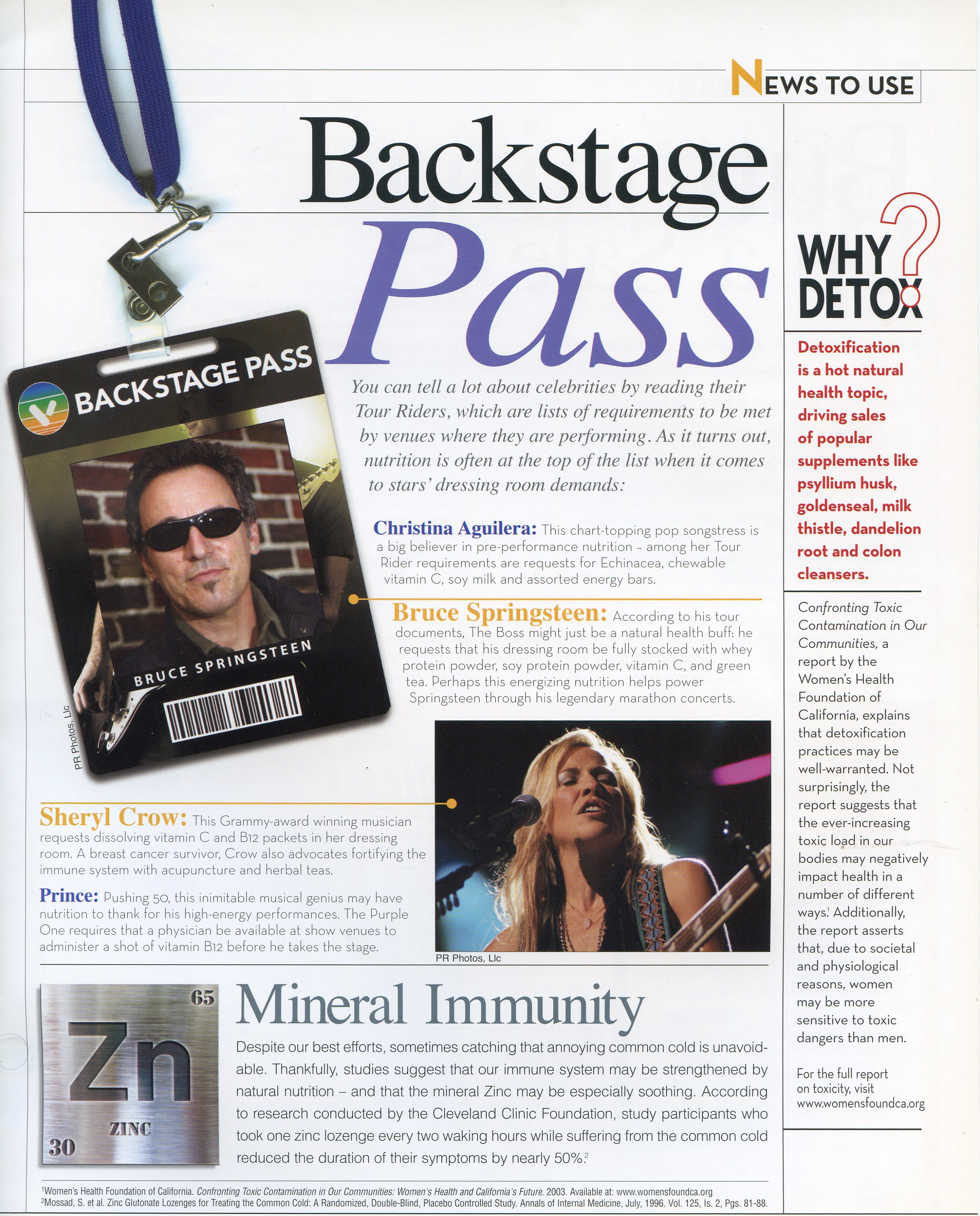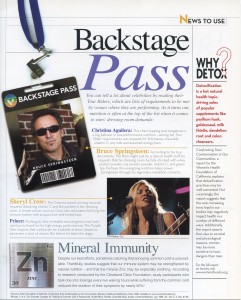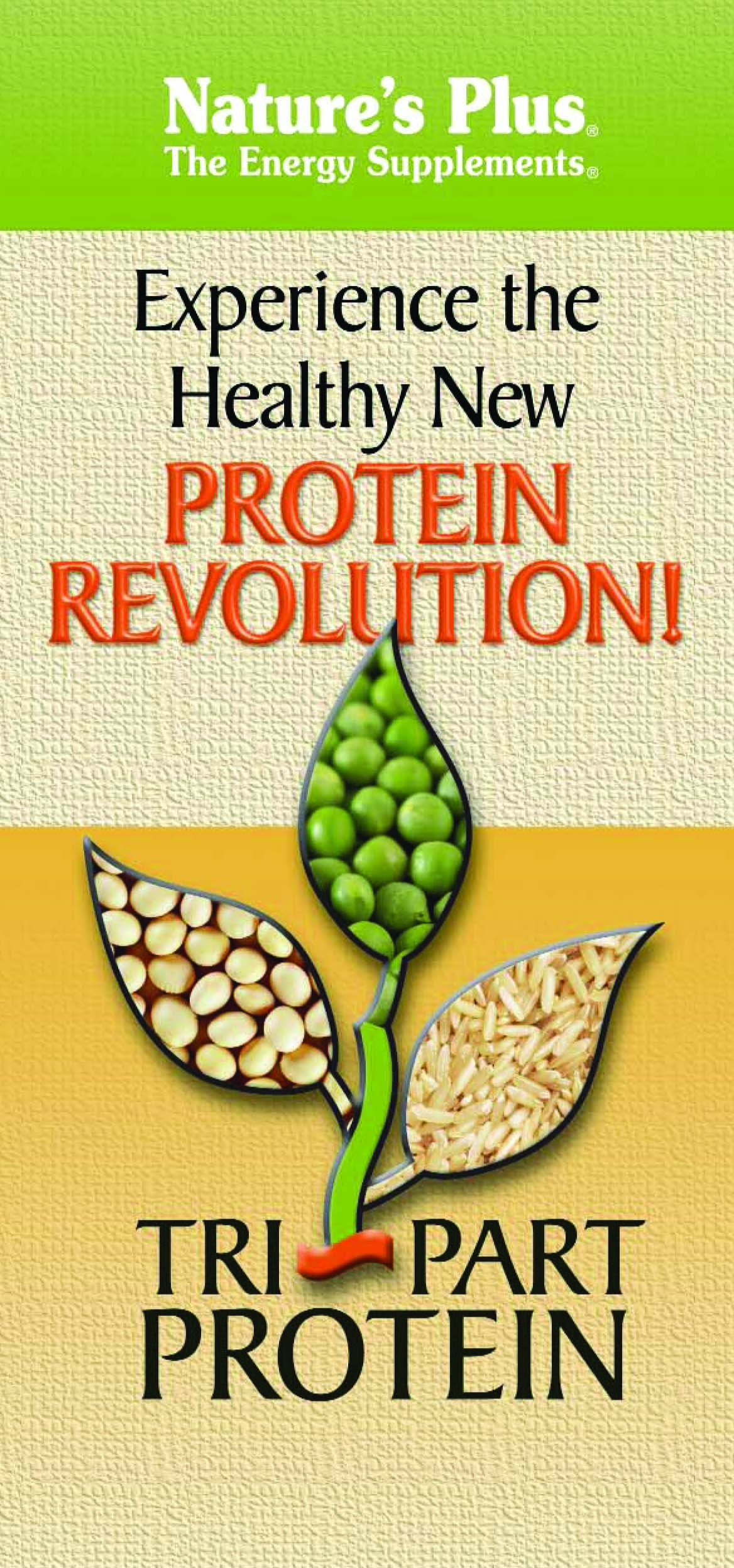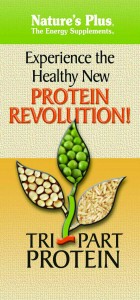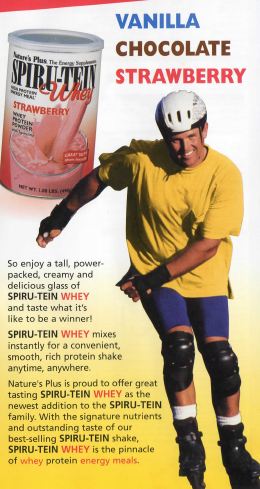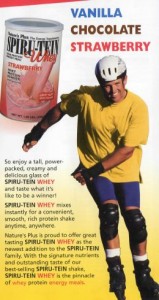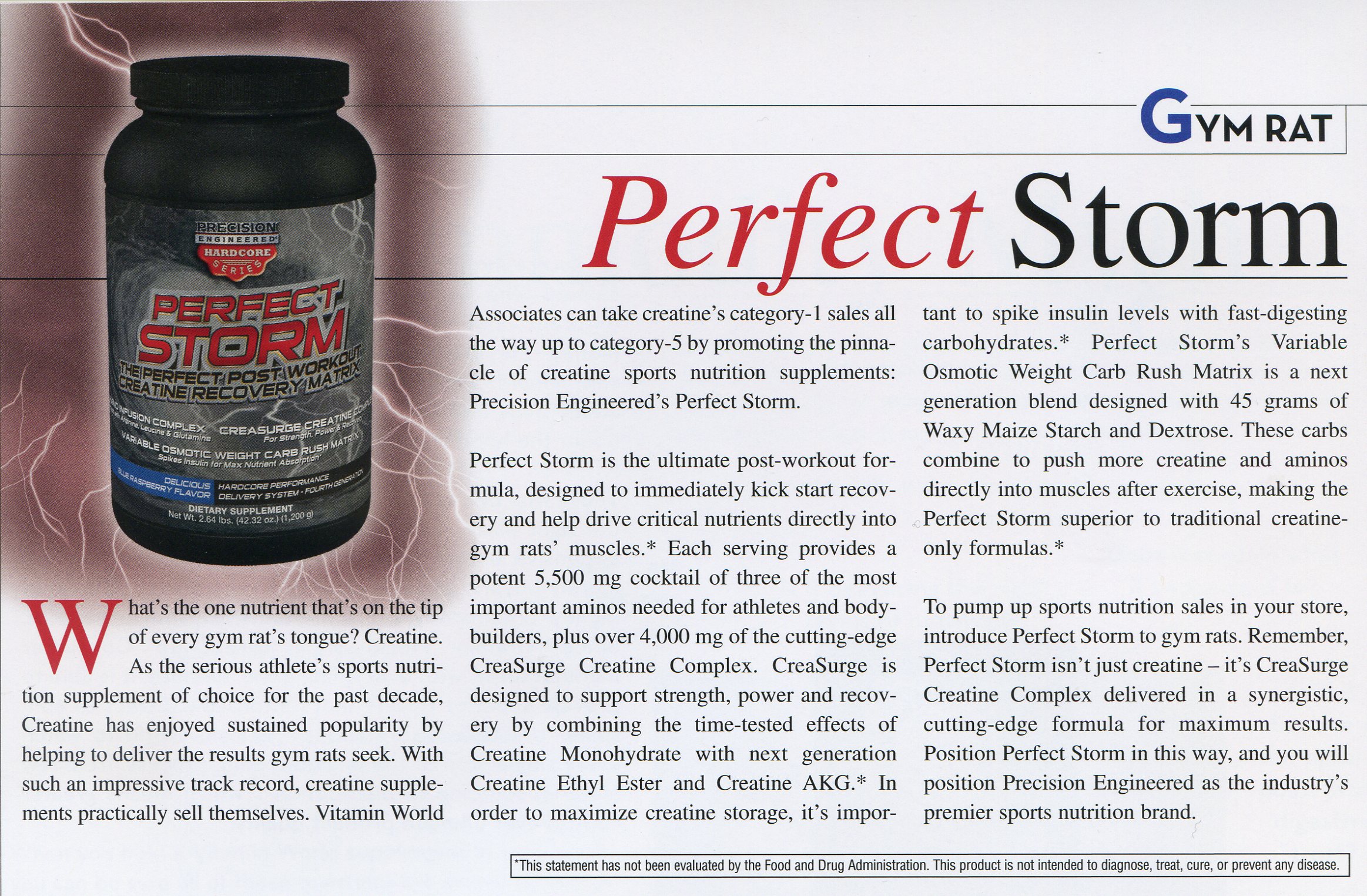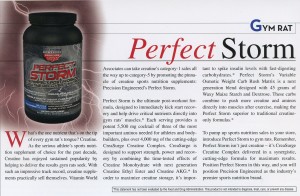FDA guidelines on supplement marketing have tightened in recent years. Marketers now need more dietary supplement substantiation than ever. This article gives tips on how to back your product claims with science.

The Natural Health Writer knows substantiation. My seven nutrient booklets (10+ million copies in print) are backed by 500+ references. Across all marketing media I’ve done, I’ve used thousands of references. I find the best sources, then I communicate them in a compliant — yet stylish — way.
As a top dietary supplement copywriter, I take a lot of pride in marketing supplements the right way. It is possible to keep claims and copywriting compelling and persuasive (and indeed, stylish) while educating the consumer and remaining respectful to the FDA and FTC.
And did you know? Amazon is increasingly looking at compliance issues as well, and flat-out banning supplement companies who do not market their products responsibly. I have a blog article on this topic if you would like to learn more: Supplement Copywriting for Amazon Compliance.
Now, let’s dig into some very basic concepts when it comes to substantiating the claims you are making about your dietary supplements.
Why is Dietary Supplement Substantiation Important?
Dietary supplement substantiation is a crucial aspect of marketing supplements in a responsible and compliant way.
Substantiation involves providing credible evidence to support the claims you make about your supplements. Failing to properly substantiate your claims can lead to warnings or even legal action from the FDA (U.S. Food and Drug Administration).
Here’s a breakdown of how to substantiate supplement claims, along with examples and red flags:
1. Identify Your Claims
Begin by clearly identifying the claims you intend to make about your supplement. These can include claims related to health benefits, nutritional content, or structure-function claims (e.g., “supports joint health” or “promotes digestive regularity”).
2. Select the Appropriate Type of Substantiation:
Depending on the nature of your claims, you will need to provide different types of substantiation. Common types include:
- Scientific Studies: Find well-designed and controlled clinical trials or research studies.
- Expert Opinions: Gather opinions from qualified experts in the field.
- Traditional Use: If your claim is based on historical use, provide documentation of this traditional use.
Conduct Clinical Trials or Studies
If you are making health-related claims, conduct or discover clinical trials or studies to provide scientific evidence. Ensure that your studies are of “Gold Standard” quality: well-designed, randomized, double-blind, and placebo-controlled. Of course, conducting clinical trials can be very expensive. But more top-tier brands are doing this, and bolstering their claims (and reputation) in the process.
Example: If your supplement claims to “enhance cognitive function,” conduct a clinical trial that measures cognitive performance before and after taking the supplement.
Notes:
- If a brand has spent thousands upon thousands of dollars to perform a clinical study on their ingredients or products, please do not steal their research. This is bad ethics and a bad practice overall. An example is using research related to a branded and patented ingredient, where your supplement is using the generic or basic form.
- In order to strengthen a claim with substantiation, it is important that the form and dosage of the nutrient you are making claims about matches the form and dosage of the nutrient in the clinical research study you are referencing.
Obtain Expert Opinions
If you are making claims that require expert validation, seek opinions from qualified professionals in the relevant field.
Example: If your supplement claims to be endorsed by a nutritionist, ensure the nutritionist provides a statement supporting the claim based on their expertise.
Document Traditional Use
If your claim is based on historical or traditional use, provide documentation and references to support this claim. It is harder to use traditional use as substantiation for claims. However, it can help to build credibility of a supplement in the eyes of the consumer, as well as playing a key part in building the “romance” copywriting that compels your customers to buy.
Example: If your supplement claims to have been used for centuries in a particular culture for digestive health, provide historical texts or references that verify this traditional use.
Did you know? For advanced users seeking dietary supplement substantiation information from the highest authority, check out this FDA Guidance for the Industry document.
Red Flags and Risks of Improper Substantiation

1. Lack of Scientific Evidence:
Making health claims without scientific studies or clinical trials is a significant red flag. The FDA may view these claims as unsubstantiated and misleading.
2. Overstated Claims
Exaggerating the benefits of your supplement beyond what the substantiation supports can lead to FDA warnings or enforcement actions.
3. Inadequate Expert Opinions:
If your expert opinions lack credibility or are not provided by qualified professionals, they may not be accepted as proper substantiation. Make sure you thoroughly vet your experts and verify that their credentials are legitimate.
4. Falsification or Misrepresentation:
Providing fabricated or manipulated data to support your claims is illegal and can lead to serious legal consequences. Always remember that this is perhaps the most important of the various dietary supplement guidelines: Be Truthful and Not Misleading.
5. Insufficient Labeling
Failure to properly label your supplement with the required disclaimers or information about the substantiation can result in regulatory violations. If you are making claims on your label, be sure to have a website listed on the label as well. Ideally, the website will have a product page for the supplement, and on that product page — in the interest of transparency — you will have links to the full studies or other credible websites used to substantiate your claims.
Conclusion
In summary, to market your supplements responsibly and compliantly, ensure that your claims are supported by appropriate and credible dietary supplement substantiation.
Conduct rigorous studies, seek expert opinions when necessary, and provide transparent documentation to avoid FDA warnings and legal issues.
Always prioritize the safety and well-being of your customers. Consulting with regulatory experts or legal counsel experienced in the supplement industry can also be beneficial to navigate compliance requirements effectively.
Helpful Hint: Experts suggest that the content of this post may hold the potential to help you promote your supplement marketing success. Or, simply contact me to get started on a substantiation product for your supplements.
